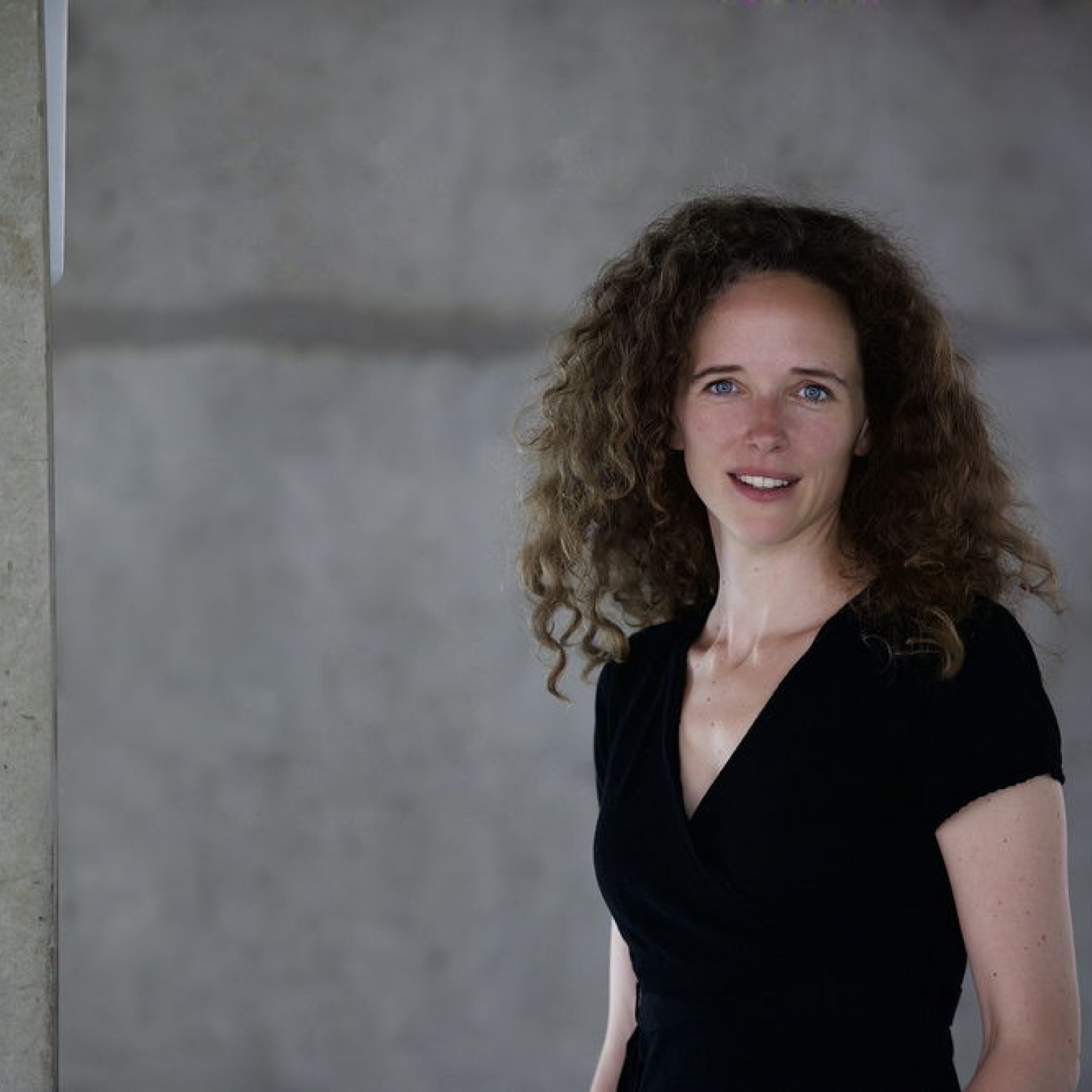Cultural Studies Research Centre founded

The Cultural Studies Research Centre (“Zentrum für Kulturwissenschaftliche Forschung”, ZKF) was established at the University of Konstanz as a platform for cultural studies research. The ZKF brings the university’s research activities in cultural studies together and develops them further. It also helps to initiate new joint research projects in addition to promoting early-career researchers and international research collaboration. The ZKF is open for all researchers at the University of Konstanz whose research contributes to cultural studies and who are interested in deeper interdisciplinary collaboration.
“Research at the ZKF covers the full spectrum of cultural studies topics”, summarizes Professor Christina Wald, the ZKF’s director. “We are particularly interested in social processes, but also in the way people share experiences – how they conceptualise and remember them”, Wald adds. The centre’s research also includes issues of integration and disintegration, the migration of persons, ideas and aesthetic forms, as well as social self-description and its different performance and representation cultures.
Cultural Studies in Konstanz
Cultural Studies is one of the University of Konstanz’s research priorities. The impulse for the Cultural Studies Research Centre came from the work conducted from 2006 to the end of October 2019 in the Cluster of Excellence "Cultural Foundations of Social Integration”, which was funded in the framework of the German Excellence Initiative. “We feel a deep commitment to continue the tradition of the Cluster of Excellence”, Christina Wald explains:

“The thematic focus of the cluster – the cultural foundations of social integration – is a topic that has remained important and grown even more so over time.”
The research completed by the Cluster of Excellence will not only be developed further by the ZKF but also become more open – to new topics, methods and researchers. “We are in an orientation phase”, Christina Wald emphasizes. “We have already given ourselves an organizational structure, and the ZKF currently comprises 67 members from a broad variety of departments. Our task is now to evaluate which cultural studies topics have potential for interdisciplinary collaboration and can be developed even further, refined or refocused”, Wald explains. All researchers interested in collaborative research in cultural studies are invited to join the ZKF.
Annual focus topics and funding programmes
The Cultural Studies Research Centre’s aim is to initiate innovative projects and provide appropriate funding for this purpose – a special focus is on promoting joint research projects and early career researchers. One planned funding programme involves annual focus topics: “Groups of researchers can suggest a topic for one year of joint collaboration, especially in dialogue with international colleagues. The annual focus topics are intended as triggers to get long-term, innovative projects rolling”, says Christina Wald. In the first year, an interdisciplinary group of researchers will concentrate on “Cultures of Plausibilisation” – a topic also involving the problem of “fake news” as well as our understanding of science itself.
The ZKF links its efforts with topically relevant research networks at the University of Konstanz. It collaborates closely with the Dr Karl Helmut Eberle research centre "European Cultures in a Multipolar World” and its planned Research Training Group “Europa nach dem Eurozentrismus” (Europe after Eurocentrism), the research project “Traveling Forms” as well as the Balzan Prize Research Group “Reconstructing Memory in the City – Transnational and Local (European) Sites of Memory". Additional cooperation with the Institute for Social Cohesion is currently in planning. If it is approved, the Konstanz part of the institute will be located in the ZKF.
